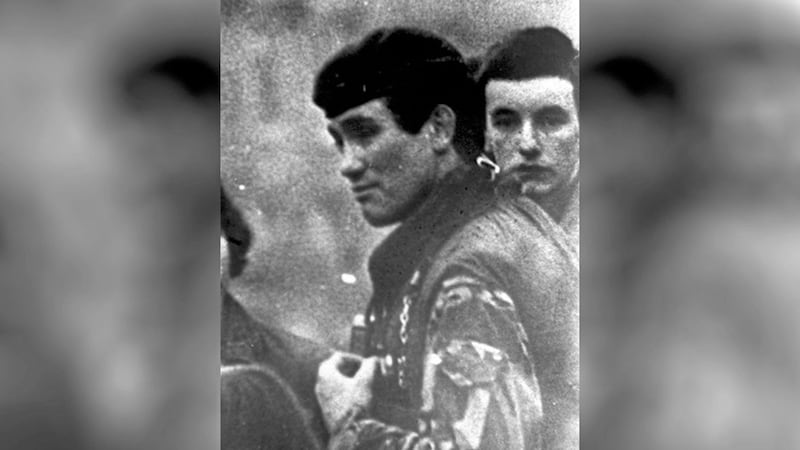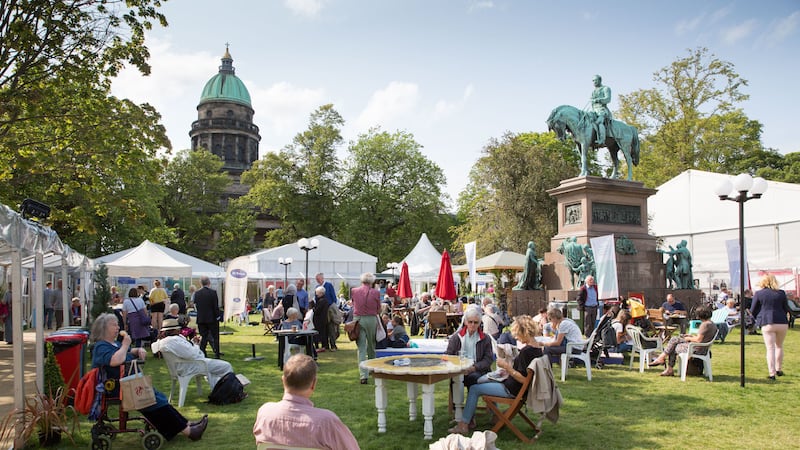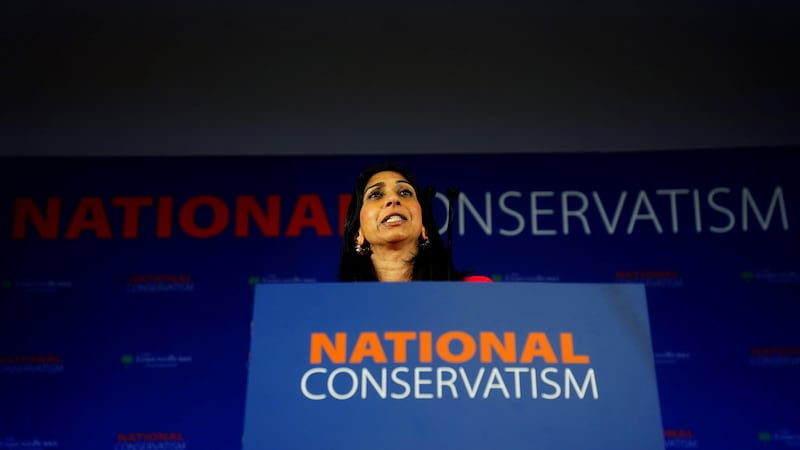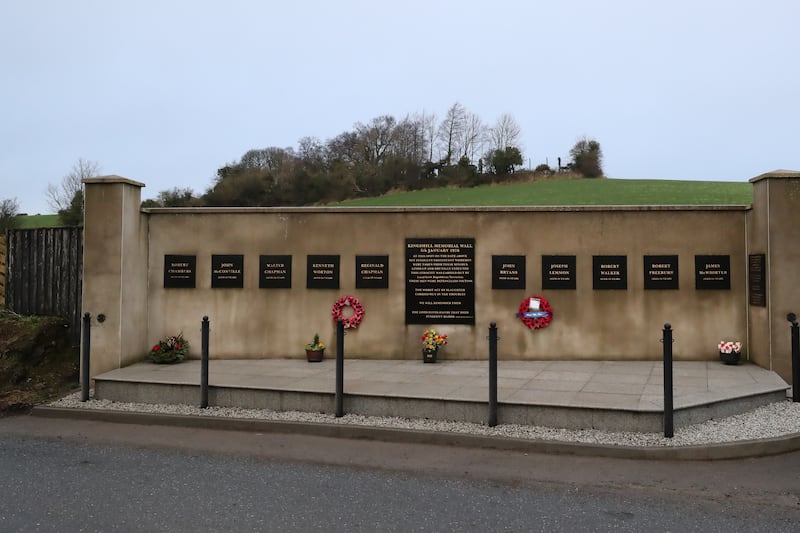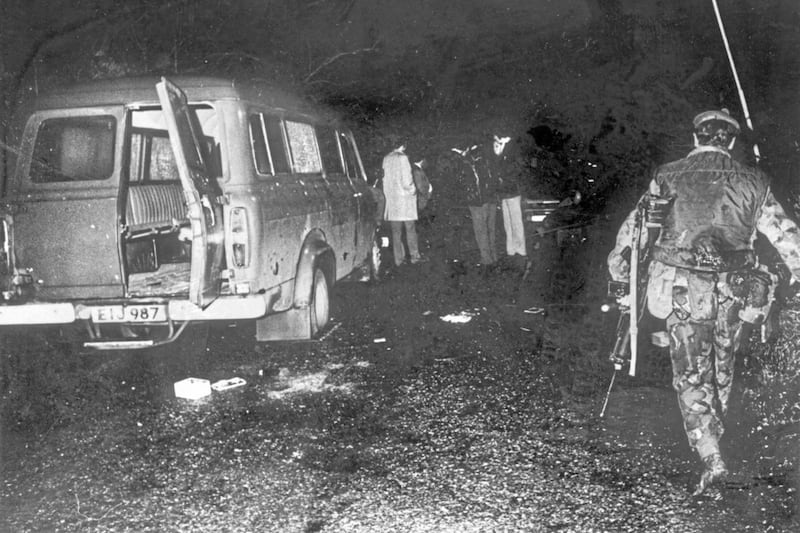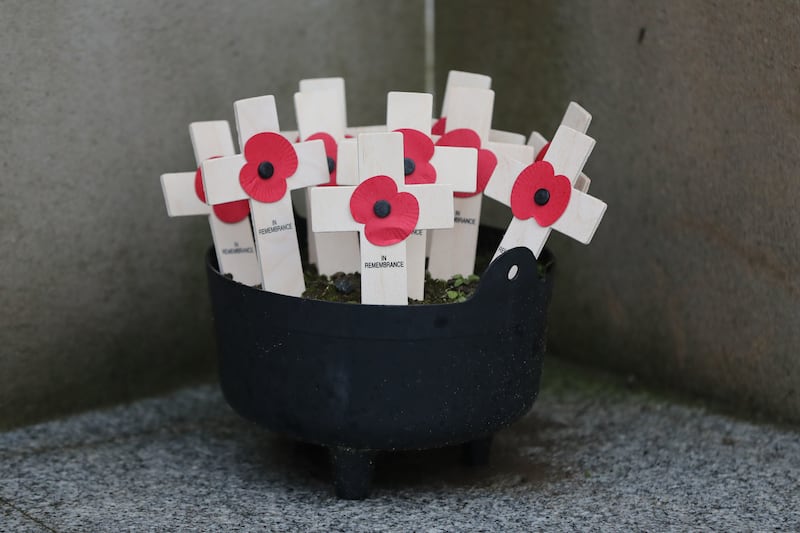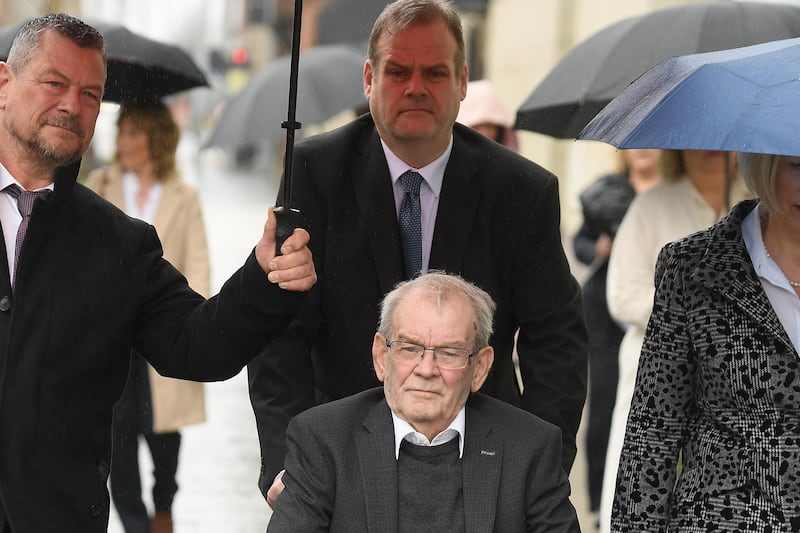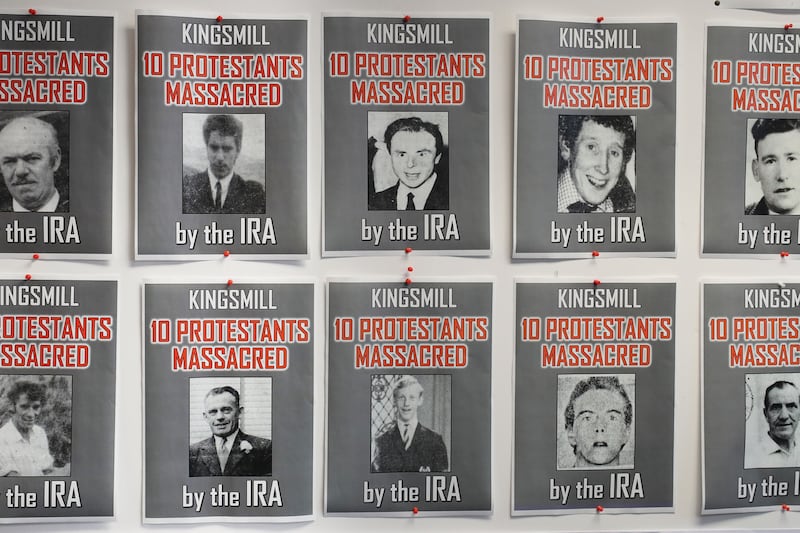CLAIMS that a British soldier could have been at the scene of the Kingsmill massacre are "inconceivable", a court has been told.
There have previously been rumours that Captain Robert Nairac could have been at the scene of the 1976 attack, in which 10 Protestant workmen were gunned down in south Armagh.
The sole survivor of the attack, Alan Black, has testified that he heard one of those involved speaking with an English accent.
That sparked speculation about the English soldier who served in the north during the conflict and was later abducted and killed by the IRA.
However, a military witness from the Ministry of Defence (MoD) told an inquest yesterday at Laganside Court into the incident that Capt Nairac's presence at the scene was "inconceivable".
Colonel Marcus Simpson, from the MoD's personnel unit, told the court that the military could not vouch definitively for exactly where Capt Nairac was on the day of the January 1976 attack.
However in the weeks before and after he was involved in intensive preparations for work in London and in Kenya meaning he could not have feasibly found the time to travel to Northern Ireland unnoticed.
Capt Nairac was abducted from a bar in South Armagh the following year and murdered by the IRA.
The massacre unfolded when workmen in a minibus were stopped by gunmen near the village of Kingsmill in rural south Armagh.
The workers were lined up at the side of the road and the only Catholic among them was ordered to flee.
Ten of the men were then shot dead.
An 11th man, Alan Black, survived despite being seriously injured.
Witnesses have said the attackers then crossed the border into Monaghan before crossing again to Armagh.
Col Simpson told the inquest yesterday: "The period of time over December and January would have been very busy for his battalion in terms of preparing the men and moving them and equipment in good order.
"Getting that right would have been demanding. All the officers in key roles would have been involved. I assess that Nairac would have been very busy at that time as a key member of the battalion.
"For me, it is inconceivable that he could have engaged in any other significant activity at that time."
The inquest also heard anonymous evidence from a former Special Branch figure, who testified from behind a screen to protect his identity.
Referred to in court only as "MOD3", the man said he was well acquainted with Capt Nairac during the time they both spent in Northern Ireland and that they developed a "warm friendship".
He told the court: "Nairac was an individual of strong morals, whose moral compass would not have allowed him to take part in any terrorist attack.
"It is simply not credible that he ever could have been in a position to go over, if you like, to the Provisional IRA."
The man added: "He certainly wouldn't have had the time to do that while in Northern Ireland. I know from experience that a soldier's time is not his own. He simply would not have had the time to return to Northern Ireland."
The Kingsmill massacre was one of the deadliest attacks in the Troubles. No-one has ever been held to account for the deaths.
An inquest was opened into the incident last year. It was stalled earlier this year after questions were raised over the quality of fingerprint evidence in the case and later reopened in September.
